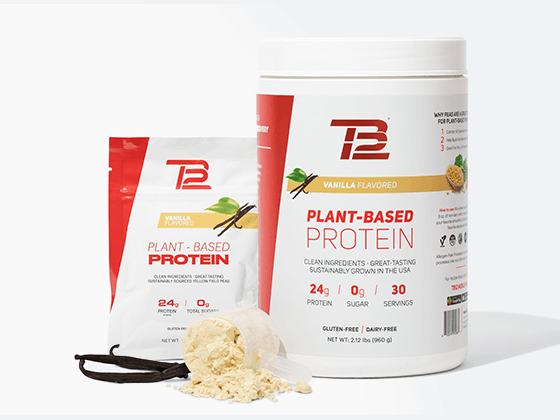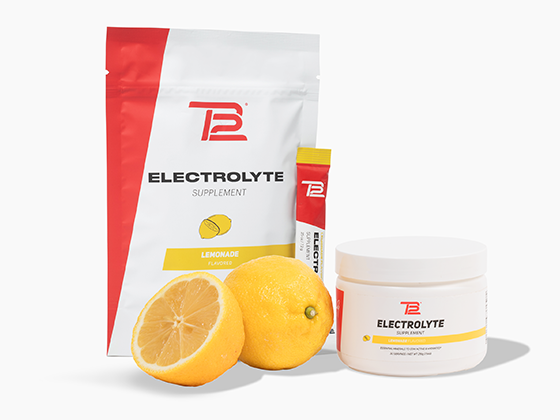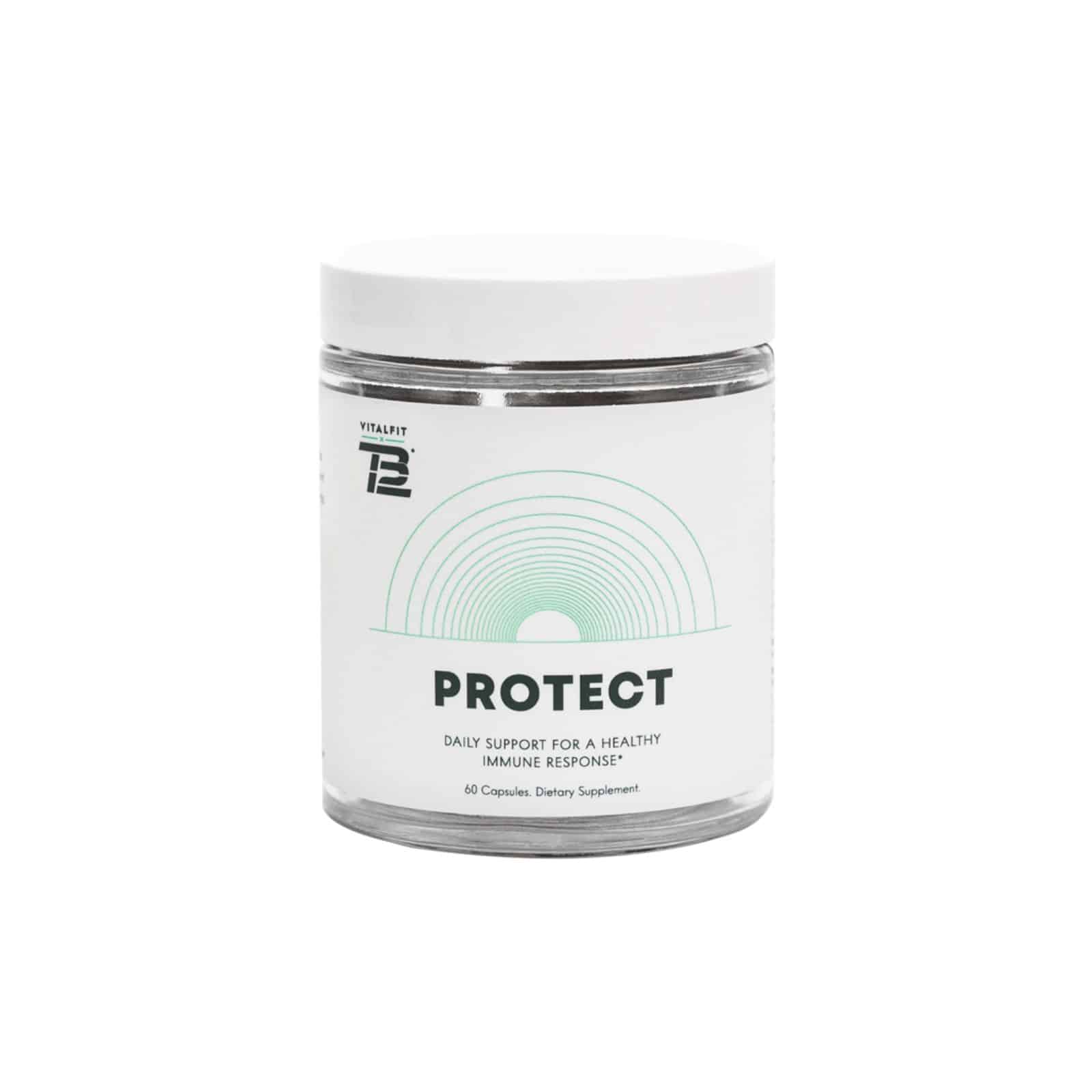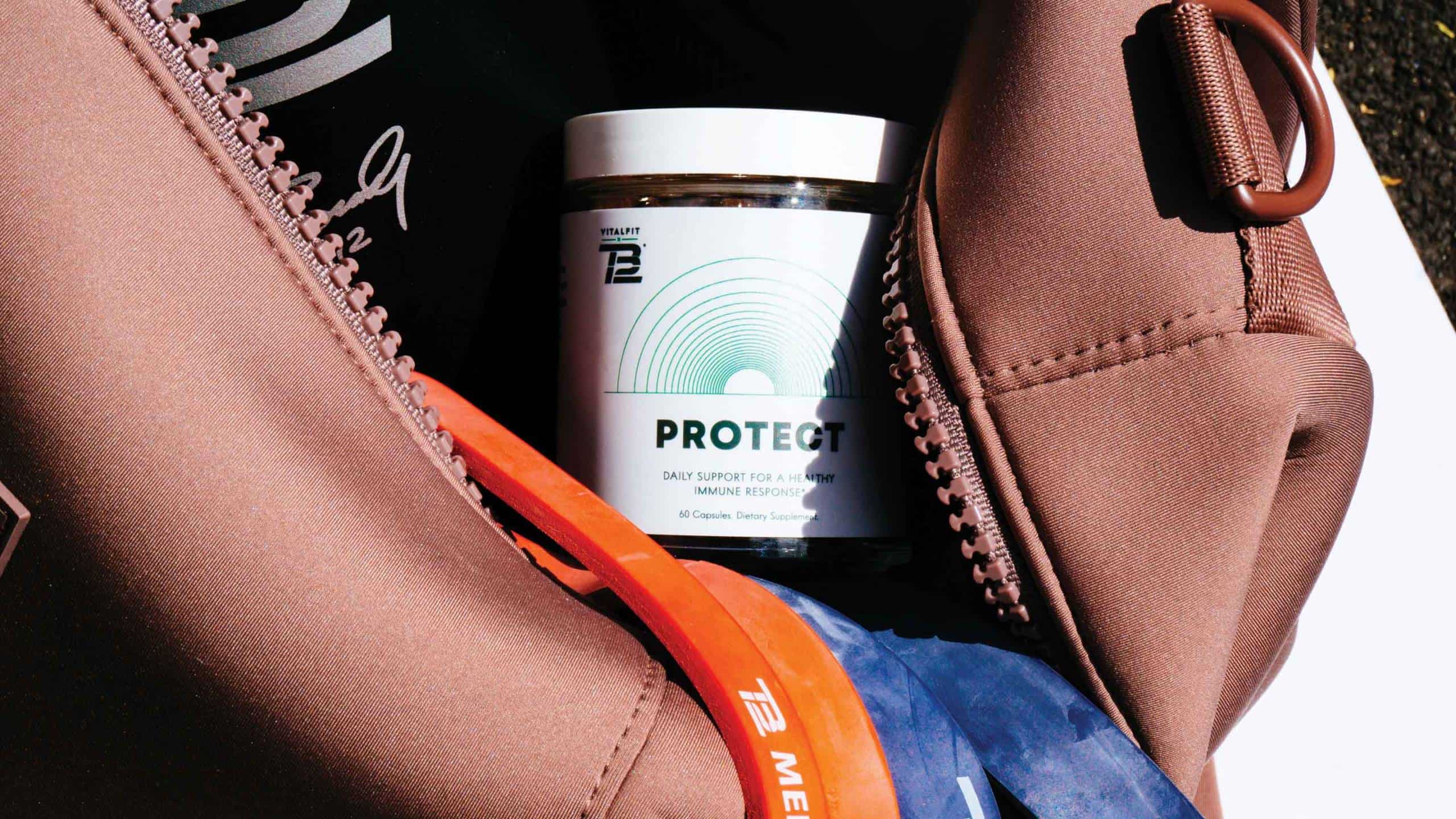The immune system is the body’s natural defense against illness and infection – a difficult task that requires an intricate network of cells and proteins to work together in order to keep the body healthy. Though our immune response does require every part of this integrated system to work together, we can more easily understand this complex process by breaking it down into two basic parts:
First we have the Innate Immune System. These cells act as “first responders”, and rapidly respond – within 96 Hours – to infections to contain and eliminate threats. These immune cells have no memory, so they attack all threats the same.
Second, we have the Adaptive Immune System – the second line of defense. These cells have a slower response, but are able to use memory to attack specific pathogens/antigens that the immune system has previously come across – building what we refer to as immunity.
What Happens to the Immune System Under Stress?
Stress-induced inflammation can overstimulate your immune response and prevent it from working efficiently to keep your body healthy. There are two general kinds of stress that have an impact on the immune system – lifestyle stress and exercise stress.
Whether you’re dealing with stress at the office, at home, or stemming from a specific event, over time, it can suppress your immune system. High levels of cortisol as a result of stress can prevent some immune cells from identifying outside threats – hindering the body’s ability to respond to and fight off infection. Managing stress is a crucial part of maintaining a healthy immune system, but that stress on the immune system doesn’t just come from traditional sources – exercise is also a key factor.
While regular exercise is good for our immune system, continuous strenuous exercise can actually stress it out. Even when we take proper rest and recovery days, there’s a period after exercise – anywhere from a few hours up to 3 days – where our body is producing fewer antibodies, leaving us more vulnerable than usual. Exercise in the form of HIIT training, team sports, and endurance training (like running a marathon or cycling) can often be strenuous enough to put stress on the immune system over time.
The most significant vulnerability in the immune system as a result of exercise comes in the form of decreased antibody production. High-intensity exercise and prolonged training has been shown to reduce levels of lymphocytes, neutrophils, and antibody production within 1 hour of training, and for up to 72 hours post-exercise.
This period of time where the body’s antibody production is reduced after exercise leaves athletes especially susceptible to these respiratory infections, as this hinders the immune system’s ability to fight off infection. Another concern with endurance athletes – runners and cyclists in particular – is the fact that open mouth breathing has the potential to expose the respiratory tract to harmful particles.
The potential for decreased antibody production, plus this increased risk of exposure, means that athletes need to be especially cognizant of their immune health while training. Prioritize sleep and recovery, a balanced diet that supports your immune function, and consider taking an immunity supplement to help your immune system recover after exercise so you can stay consistent with your training.






